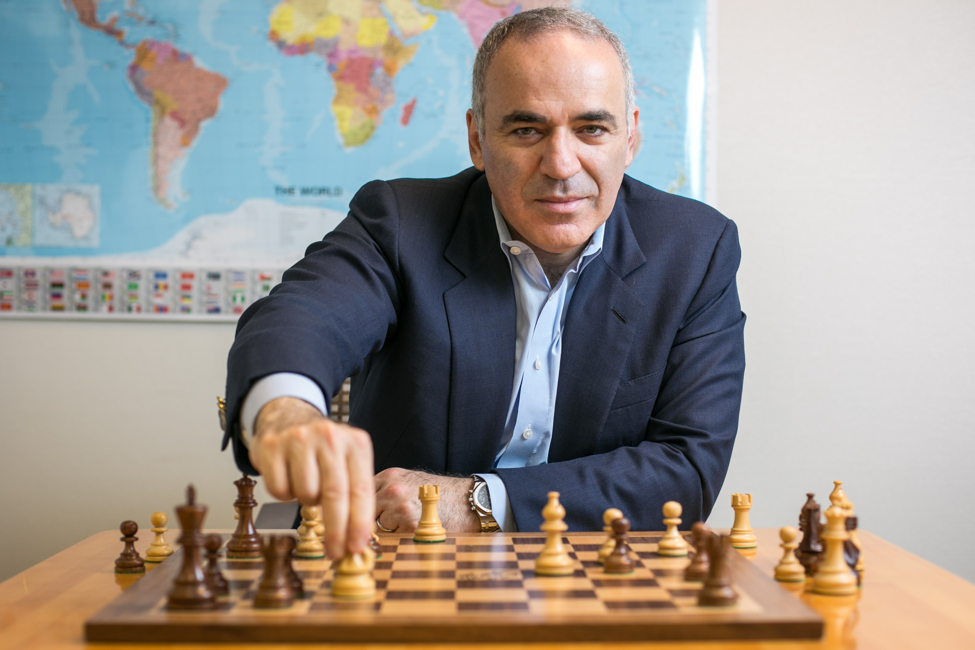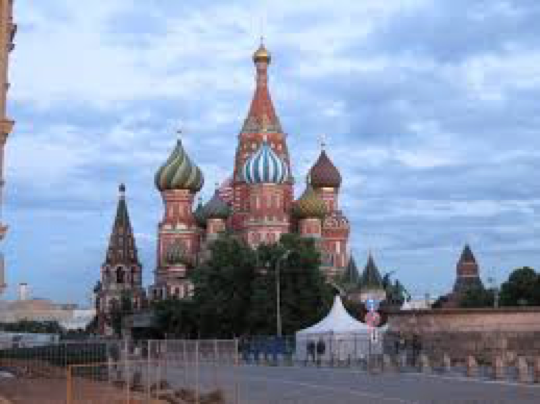
This is Garry Kasparov, a Grand Master and former World Chess Champion. Not only is he a master chess tactician, he is also a student of Vladimir Putin’s tactics. He knows Putin is a cagey, calculating, politically savvy, cold-blooded killer. He’s seen Putin’s enemies murdered – Alexander Litvinenko poisoned in London and opposition leader Boris Nemtsov shot four times in central Moscow days before the Russian election.
Kasparov’s is only one voice, but it’s worth listening to. What other voices should we be listening to in the acrimonious debate surrounding Russian interference in the American election? We need to know the truth, the Russian truth and the American truth. How do we go about identifying, sorting, and selecting from all the voices vying for attention ?
As America begins its investigation into the possible collusion of Trump campaigners with the Russian government to interfere in our election we need guidelines to help us evaluate the voices commenting on the case.
Historians love primary sources, so it’s worth mentioning that three Americans have interviewed Putin in the last two years – Charlie Rose, Megyn Kelly, and Oliver Stone. Stone’s four interviews begin airing on Showtime tonight (June 13, 2017). The Putin interviews are a good place to begin. I thought all of them, including the excerpts I’ve seen of Stone’s, had as much to say about the interviewer as they did about Putin, but the spymaster’s reactions, facial expressions, body language, and comfort with the process were revealing. (#KGB, #hesasnake). We see and hear him in action. He’s a calculating showman, better and smarter than Trump, and experienced at deception. What other voices are out there that should we listen to?
In spite of “fake news” and “alternative facts” I still believe there is such a thing as truth, and with an honest desire and perseverance we can discover it. It will take time and evaluating the credibility of disparate sources is a challenge. At this point in the unfolding political drama, here’s what we know for sure.
- There was a Russian cyberattack on American institutions – 17 American agencies agree
- It didn’t change the outcome of the election – most statisticians agree
We also know the Russian intervention contributed to the confusion, disruption, and polarization of American voters. We know that Putin is a KGB spymaster, suppresses dissent, murders critics, jails political opponents, invades Crimea, and uses his forces to support Assad in Syria.
Why doesn’t every American want to know what he did to interfere in the American election? What was his objective? Who benefitted from the intrusion? Why would any American try to prevent an investigation? I want to know; shouldn’t every American?
I believe Robert Mueller, the Special Counsel, will ferret out the truth, but I’m not content to stand by and wait for his findings. I’m going to follow along and do my own due diligence; analyze sources and work my way toward the truth? Who should we listen to? What are their biases? What are the outcomes they are hoping for? How will those outcomes affect America and Americans going forward?
I want to be even handed in evaluating sources, while admitting my liberal bias. I want to be fair and look at both sides of the conversation. My primary sources are columnists in the New York Times, Washington Post, Atlantic, Vanity Fair, New Yorker, and Esquire, what Trump would call mainstream “fake news,” but I also read the Weekly Standard and National Review. I try to select from sources close to the middle.
I read Thomas Friedman (Democrat) and David Brooks (Republican) at the NY Times, David Ignatius (Democrat) and George Will (Republican) at the Washington Post, William Kristol (conservative) at the Weekly Standard and Rich Lowry (conservative) at the National Review.
Like President Trump, I watch a lot of cable TV but I try to balance it with written commentary as well. I have a limited tolerance for Fox News. It’s a shambles after the Ailes/O’Reilly scandals and the defection of Megyn Kelly and Greta Van Susteren. I can’t watch the nerdy bullying of Tucker Carlson or angry hostile apostasy of Sean Hannity, but I still tune in for Bret Hume or Fox and Friends.
My real go-to news programs start with Republican Joe Scarborough’s Morning Joe and end with Democrat Brian Williams 11th Hour on MSNBC. I watch Rachel Maddow but temper her excesses with the knowledge that she’s on the far left of my center-left spectrum. What I appreciate about MSNBC’s coverage is the inclusion of current and former government officials who have no skin in the game and whose veracity I trust – people like former CIA chiefs Mike Hayden and Bob Gates, former CIA and Defense Department Chief of Staff Jeremy Bash, former Bush Homeland Security advisor Fran Townsend, and former FBI counter-intelligence agent Clint Watts. I trust these men and women. They are my vetted sources.
I don’t read the political stuff that shows up on my Facebook feed, though it might seem to be in my wheelhouse. I don’t know if it’s real or fake news and I don’t think Facebook does either. I want an established entity standing behind the reporters and their sources. My primary go-to cable program is Morning Joe. With everyone from Rick Tyler (Cruz man), Elise Jordan (Bush White House) David Ignatius (Washington Post), Steve Rattner (economist and Obama’s Task Force on the auto industry), Jon Meacham (Presidential historian), Mark Halperin and John Heilemann (co-managing editors of Bloomberg Politics) as regular contributors there’s wide coverage of the political spectrum.
In this season of political bickering, the hint of impeachment, Special Counsel, obstruction of justice and multiple ongoing investigations it’s good to know how to think about these things. Garry Kasparov cautions us with Ronald Reagan’s words, “Freedom is never more than one generation away from extinction.” Then he adds, “A dictator only cares about his survival, political and physical. You may call it the ‘strategy of survival,’ but it’s purely tactical. The advantage of democracy over dictatorship is that democracy can afford long-term planning.” We have 240 years of democratic government; Putin has 17 years as a heavy handed autocrat.

Here’s my final word: even if you are tired of hearing the endless repeats, take heart and listen to Steve Perry on Journey’s 1981 rock hit Don’t Stop Believin’ the sentiment is a good one. Stay the course and vet your sources.
https://www.youtube.com/watch?v=VcjzHMhBtf0),
Don’t Stop Believin’

































Svetlana from Harbor Square